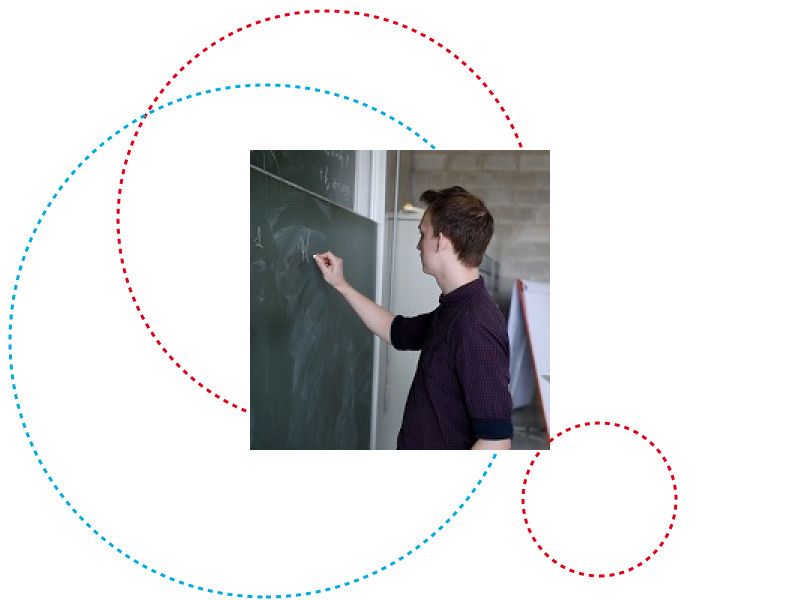The conclusions of the external evaluation of learning and teaching at the University were presented by the Minister of Higher Education and Research Claude Meisch to the parliamentary committee for Higher Education and Research on 27 October.
External evaluations take place every four years as part of the University’s multi-year convention with the ministry of Higher Education and Research. This evaluation is however the first one that focuses on teaching, which is one of the University’s essential missions. It was carried out by the Accreditation Organisation of the Netherlands and Flanders (NVAO) in 2020, which submitted the University’s educational mission and activities to the scrutiny of an international panel of 35 external reviewers, including higher education experts, university leaders, academics and students.
The evaluation reports are based on a comprehensive self-assessment that involved all bachelor and master programmes, Faculties, student services, the central administration and University leadership. The panel conducted interviews with over 300 staff, students, alumni, and partners of the University.
The evaluation confirmed the University’s commitment to international standards for ensuring quality in higher education. The panel’s recommendations to continue the institutionalisation of a comprehensive quality assurance framework for education in compliance with European guidelines, including the creation of benchmarking opportunities and the certification of teaching qualifications, demonstrate that the direction the University has taken in the past inspires confidence in the future.
The evaluation also emphasises the significance of firmly anchoring teaching and learning in institutional strategy and its implementation.
The rector of the University of Luxembourg, prof. Stéphane Pallage, stated: “External evaluations are for us an excellent opportunity to learn and to improve.
We welcome being assessed against international standards for quality (and quality assurance) in higher education. These standards have served as the reference for the Quality Assurance (QA) system we have developed so far and that we will continue to develop. The reports confirm that we are on the right track and they highlight significant successes in QA and quality development. No less than 17 programmes have obtained international accreditations between 2018 and today.
The University agrees with the recommendation to further accentuate our educational profile and this process is well underway (I will just mention the drafting of our Charte Pédagogique, our Digital Strategy, as well as our new Strategy Framework). This approach builds on the character of the University as an international research university committed to society. We conceive of our three missions – research, education, and service to society – as mutually reinforcing and dependent. Our teaching can capitalise on our research expertise and development in research can be inspired and driven through teaching.
Effective quality assurance is key to this. The evaluation confirms the outstanding commitment of the University’s academic community, students and personnel, to the development of educational quality. The evaluation panel considers this commitment one of the key strengths of the University. It recommends to build on this strength by continuing to invest in systematic quality assurance, further supporting student participation, providing training and recognition for teaching qualifications, enhancing (digital) learning and teaching services, and more systematically involving alumni. All of this ties in well with current priorities for institutional development.
We have defined an action plan whose major ingredients have informed the University’s next Four-Year Plan. Some actions have already been accomplished, such as the institutionalisation of a teaching quality office.”
Read the report presented yesterday by Minister Meisch, as well as the University’s response.
